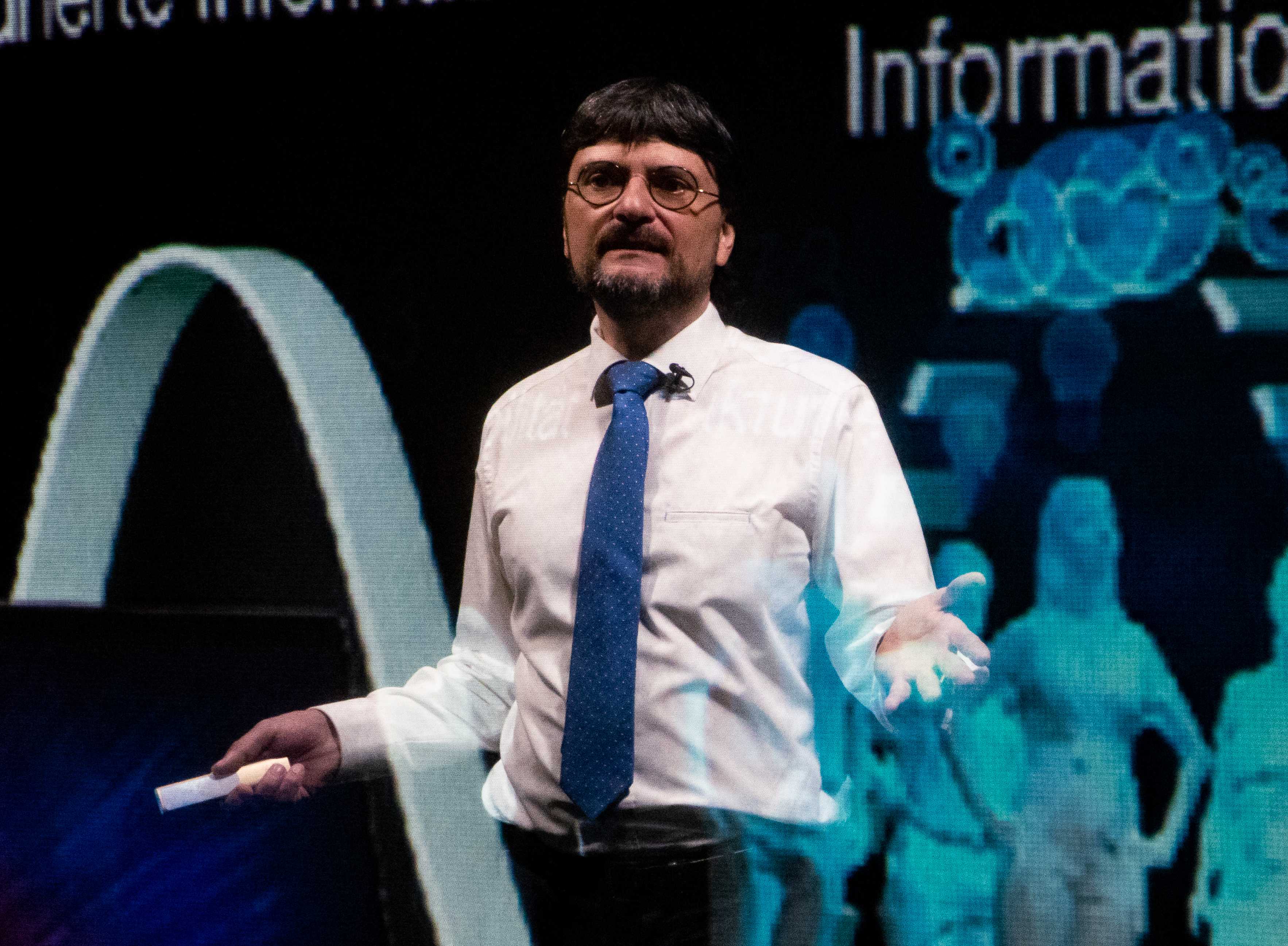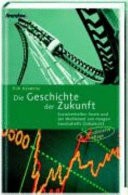Categories
Speakers
-
Digitalization, Innovation & Future
-
Arts, Culture & Lifestyle
-
Management, Leadership & Change
-
Sales, Service & Sales Management
-
Marketing, Media & PR
-
Medicine, Health & Fitness
-
Mobility, Environment & Energy
-
Personality, Success & Motivation
-
Politics, Demographics & Globalization
-
Communication, Rhetoric & Body Language
-
Strategy, Organization & Corporate Development
-
Corporate Culture, Values & Ethics
-
Industry, Economy & Finance
-
Science, Technology & Research
-
Moderation, Show & Entertainment
-
Sports, Olympians & World Champions
-
Knowledge Management, Pedagogics & Didactics
-
HR Development, Recruiting & New Work
-
Services, Business & Legal Councelling







240
Follower
694
Follower
12
Subscribers